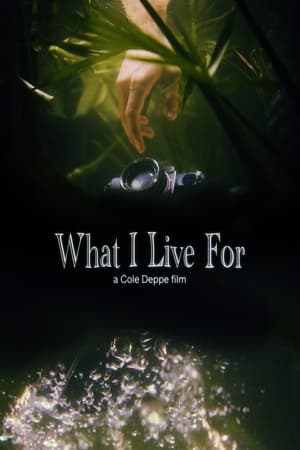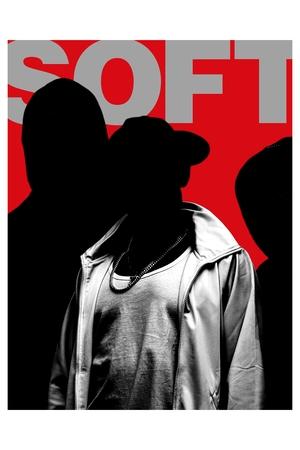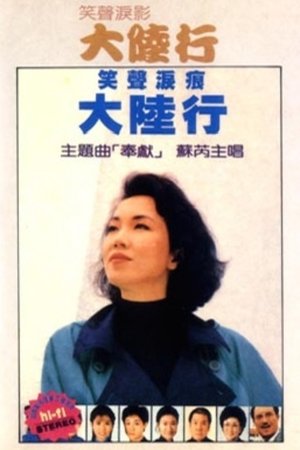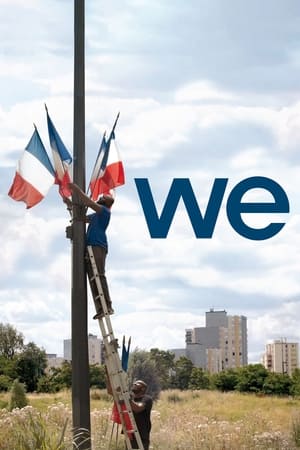
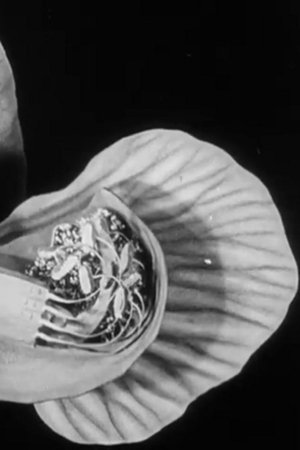
Peas and Cues(1930)
The film shows the birth, life and reproduction of sweet peas, a familiar and well loved plant of British gardeners.
Movie: Peas and Cues
Recommendations Movies
Dschugaswili from Georgia(de)
Forced collectivism, famines, errors and mistakes mark Stalin´s ruthless rise to dictorial power and only increase his madness until he even declares a chicken to be an English spy that should be liquidated.
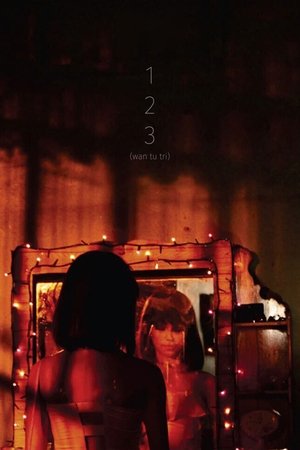 6.7
6.7Gasping for Air(tl)
When his sister disappears after leaving their home in hopes of singing stardom, Luis tracks her down and discovers the grim reality of her whereabouts.
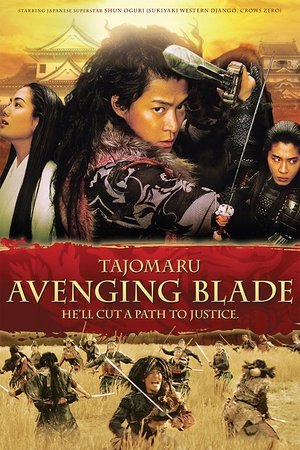 7.1
7.1Tajomaru: Avenging Blade(ja)
TAJOMARU is the famous 'bandit' of the forest from RASHOMON. Whoever kills Tajomaru inherits his name, status and sword. A royal brother leaves his kingdom to protect the princess he loves, only to find a series of harrowing adventures along the way which lead him back to where he came from, and then disinheriting his past to become the bandit TAJOMARU.
Film(en)
"This piece, with the generic title Film, is a series of short videos built around one protocol: a snippet of news from a newspaper of the day, is rolled up and then placed on a black-inked surface. On making contact with the liquid, the roll opens and of Its own accord frees itself of the gesture that fashioned it. As it comes alive in this way, the sliver of paper reveals Its hitherto unexposed content; this unpredictable kinematics is evidence of the constant impermanence of news. As well as exploring a certain archaeology of cinema, the mechanism references the passage of time: the ink, whether it is poured or printed, is the ink of ongoing human history." –Ismaïl Bahri
Little Pond in Main Street(ko)
Street vendors in Korea are almost like a national institution, they are so widespread and relied upon. In Little Pond in Main Street a group of vendors band together to create a community radio station but come into conflict with other groups, as well as the government trying to shut them down.
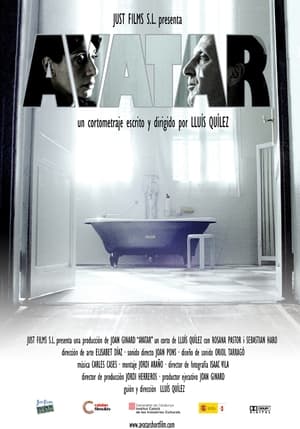 5.9
5.9Avatar(es)
Tension mounts between a quadraplegic man and his wife as she prepares a bath for him.
I Just to want live - train 8017 last stop (Volevo solo vivere -treno 8017 Ultima fermata(it)
The true story of the most serious train accident Italian.
 6.3
6.3Retreat, Hell!(en)
During the Korean War, a U.S. Marine battalion must fight its way out of a frozen mountain pass despite diminishing supplies, freezing temperatures and constant attacks by overwhelming numbers of Chinese soldiers.
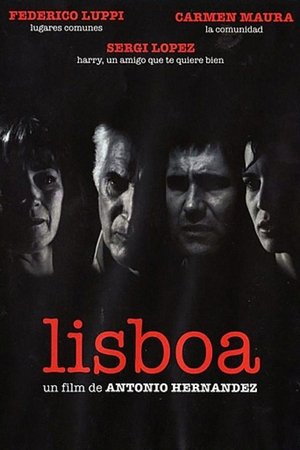 4.8
4.8Lisboa(es)
Joao sells video tapes in road bars between Portugal and Spain. One day he finds a middle aged woman in the middle of nowhere. Somebody is looking for her and she has to escape to Lisboa. But what is the secret of this woman? Why does she want to go to Lisboa?
![Joe Bonamassa: Tour de Force, Live in London [Night 1] - The Borderline](https://image.tmdb.org/t/p/w300/iTasNrWLd3MtwzeTAvO0NQUmUt.jpg) 7.0
7.0Joe Bonamassa: Tour de Force, Live in London [Night 1] - The Borderline(en)
On October 29, 2013, blues-rock star Joe Bonamassa will release Tour De Force – Live In London (J&R Adventures), an unprecedented live concert event unfolding over four DVDs recorded earlier this year at some of the most famous and iconic London venues: Royal Albert Hall, Hammersmith Apollo, Shepherd’s Bush Empire, and The Borderline.
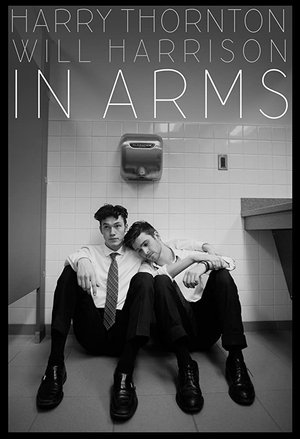 4.0
4.0In Arms(en)
Two brothers channel grief in different ways at their mother's funeral.
Hinn Íslenski Þursaflokkur(is)
Icelandic progressive rock band Þursaflokkurinn performs a few songs from their first two albums.
Similar Movies
Warrior of Light(de)
A feature-length documentary on Yvonne Bezerra de Mello, award-winning artist and human-rights activist who has gained international recognition for her work with street children in Rio. The film recounts how a woman turned her back on a wealthy lifestyle, driven into action by the execution of 8 streetkids by military police in 1993. In subsequent years Yvonne's struggle to better the lives of endangered and abandoned children has led her to found "Projeto Uere" ("Children of Light") a radical project committed to protection and education of kids who live in the streets and slums of Rio which has brought her into conflict with Brazil's wealthy elite.
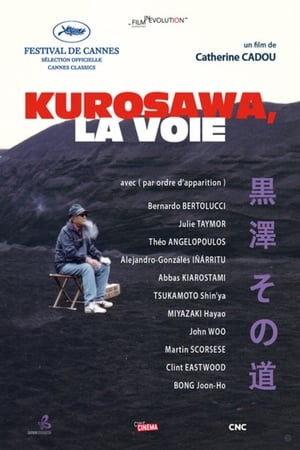 5.4
5.4Kurosawa's Way(fr)
Eleven major film makers from Europe, America and Asia talk about Akira Kurosawa and discover surprising influences on their own work.
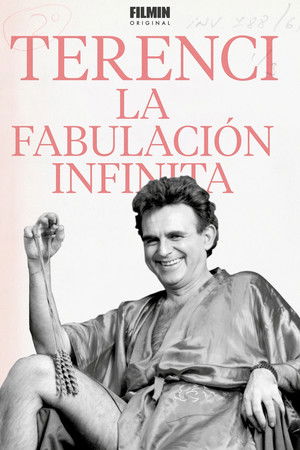 6.0
6.0Terenci: la fabulación infinita(es)
An account of the life and work of the charismatic Spanish writer Terenci Moix (1942-2003).
Habibi(en)
Filmed in New York in the summer of 2006: a march across the Brooklyn Bridge in support of the Palestinian and Lebanese populations. Habibi means "beloved" in Arabic.
 6.0
6.0100 Years(en)
An animated history of American health care provider, Planned Parenthood.
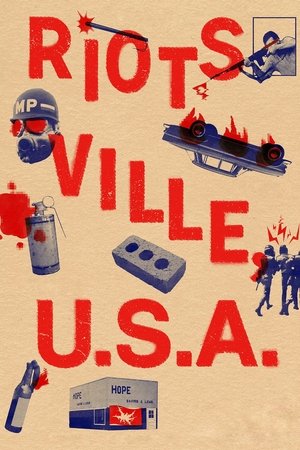 6.2
6.2Riotsville, USA(en)
An archival documentary about the U.S. military’s response to the political and racial injustices of the late 1960s: take a military base, build a mock inner-city set, cast soldiers to play rioters, burn the place down, and film it all.
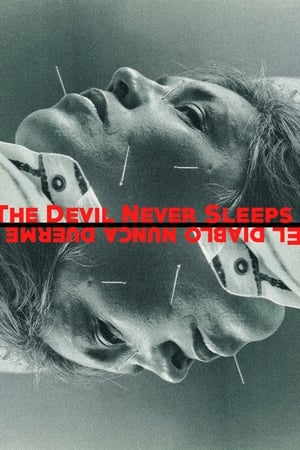 5.0
5.0The Devil Never Sleeps(en)
The Devil Never Sleeps is a “whodunit” documentary about family secrets. Filmmaker Lourdes Portillo received a phone call informing her of the mysterious death of her wealthy Mexican uncle Oscar. Officially ruled a suicide, Portillo’s relatives claimed murder, offering several possible suspects including a business partner, a ranch hand, and Oscar’s young widow who stood to inherit everything. Traveling to Mexico, Portillo attempts to learn the truth about her powerful uncle. Using interviews, old snapshots and home movies, she finds a complicated web of family secrets, intrigue, rumor and betrayal that makes her enigmatic uncle’s murder seem ever more likely, yet ever more obscure. As the Mexican saying goes, “When evil is lurking, the devil never sleeps.”
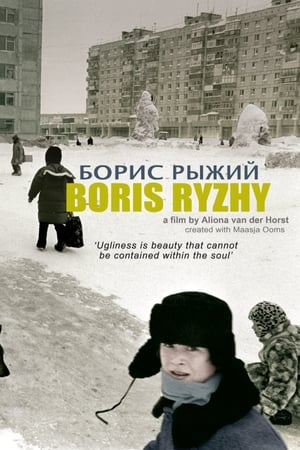 7.2
7.2Boris Ryzhy(ru)
Russian Poet Boris Ryzhy was handsome, talented and famous. So why did he end his own life at the age of 26? A quest to find the answer takes the filmmaker to the notorious neighbourhood in the cold industrial city of Yekaterinenburg where Boris grew up...
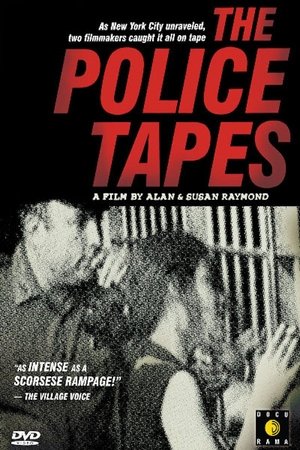 7.0
7.0The Police Tapes(en)
Filmmakers Alan and Susan Raymond spent three months in 1976 riding along with patrol officers in the 44th Precinct of the South Bronx, which had the highest crime rate in New York City at that time.
Two Hitlers(es)
One is a former police officer, bodyguard and hairdresser. Currently retired, he takes care of his extravagant and almost hundred-year-old illiterate mother. He writes poems and hopes to see them published one day. The other, a declared womanizer, workaholic, and leftist, was imprisoned during the dictatorship, runs a small grocery shop, and controls the life of his young second wife. Both were born in the Uruguayan hinterland during the Second World War, and share the same name as well as the fact that neither has wished to change it. The film is a tragicomic portrait of a country whose cultural diversity, its peculiar history and the character of its inhabitants allow the existence of exceptional and remarkable persons that depict a live picture of Uruguay, with its plurality and contradictions, its small and large history, without departing a single moment from irony or reflection.
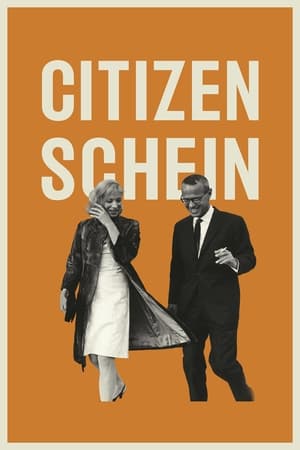 6.0
6.0Citizen Schein(sv)
Harry Schein was an anomaly in Swedish cultural society. Equal parts playboy, intellectual, and political visionary, his life story could very well be the foundation of a Hollywood film. Citizen Schein is a film about a refugee who refused to look back, a film about powerful men, and the myths that fuel them.
 7.5
7.5Microcosmos(fr)
A documentary of insect life in meadows and ponds, using incredible close-ups, slow motion, and time-lapse photography. It includes bees collecting nectar, ladybugs eating mites, snails mating, spiders wrapping their catch, a scarab beetle relentlessly pushing its ball of dung uphill, endless lines of caterpillars, an underwater spider creating an air bubble to live in, and a mosquito hatching.
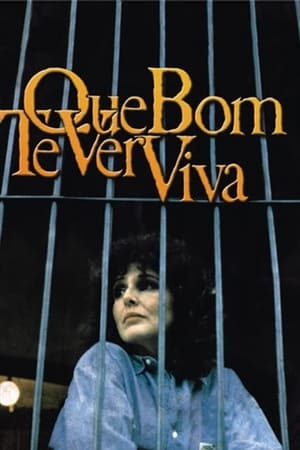 7.2
7.2How Good to See You Alive(pt)
Four years after a military coup overthrew the Brazilian government in 1964, all civil rights were suspended and torture became a systematic practice. Using a mix of fiction and documentary this extraordinary film is a searing record of personal memory, political repression and the will to survive. Interviews with eight women who were political prisoners during the military dictatorship are framed by the fantasies and imaginings of an anonymous character, portrayed by actress Irene Ravache.
10 + 4 (Dah be alaveh chahar)(en)
After casting painter and video artist Mania Akbari as the central figure of his groundbreaking Ten (2002), and then witnessing her outstanding debut as a feature film director in 20 Fingers (2004), Abbas Kiarostami urged her to direct a sequel to the film. In Dah be alaveh Chahar (10 + 4), though, circumstances are different: Mania is fighting cancer. She has undergone surgery; she has lost her hair following chemotherapy and no longer wears the compulsory headscarf; and sometimes she is too weak to drive. So the camera follows her to record conversations with friends and family in different spaces, from the gondola she had famously used in her first feature to a hospital bed.
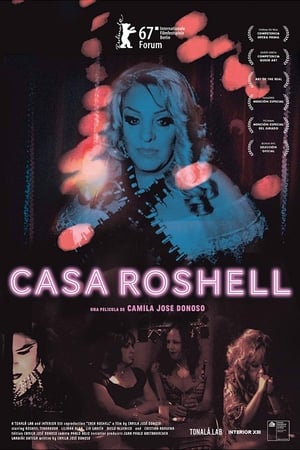 4.5
4.5Casa Roshell(es)
You’d never know this is your home away from home. The surveillance camera outside shows a drab reception area and an unremarkable street in Mexico City; inside, the lights flash, but the tables are empty. Yet preparations are soon underway and fixed categories cease to apply: stubble is removed, make-up applied and strands of hair are teased into place; the camera is trained not on the men themselves, but what they see in the mirror.
Crimes of Honour(en)
Throughout the Islamic world, each year hundreds of women are shot, stabbed, strangled or burned to death by male relatives because they are thought to have “dishonoured” their families. They may have lost their virginity, refused an arranged marriage or left an abusive husband. Even if a woman is raped or merely the victim of gossip, she must pay the price. Crimes of Honour documents the terrible reality of femicide – the belief that a girl’s body is the property of the family, and any suggestion of sexual impropriety must be cleansed with her blood. We meet women in hiding from their families, a brother who describes his reasons for killing the sister he loved, and a handful of women who have committed themselves to the protection of young women in danger of losing their lives.
 0.0
0.0Jillian Michaels: Killer Buns & Thighs(en)
Jillian Michaels Killer Buns & Thighs promises to deliver with three fat-blasting booty sculpting workouts that will get you results fast! These 30-minute workouts range in difficulty level in order to provide something for everyone from beginners to the most advanced athletes.
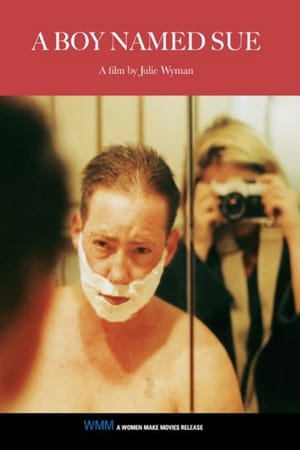 3.0
3.0A Boy Named Sue(en)
A Boy Named Sue chronicles the transformation of a transsexual named Theo from a woman to a man over the course of six years. Following Theo's physiological and psychological changes during the process, as well as their effects on his lesbian lover and community of close friends, A Boy Named Sue tells a story about gender identity, relationships, and how even things that seem permanent can change.
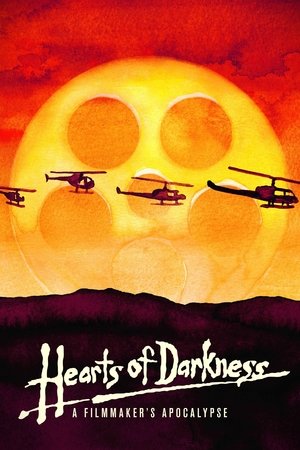 7.9
7.9Hearts of Darkness: A Filmmaker's Apocalypse(en)
A chronicle of the production problems — including bad weather, actors' health, war near the filming locations, and more — which plagued the filming of Apocalypse Now, increasing costs and nearly destroying the life and career of Francis Ford Coppola.




